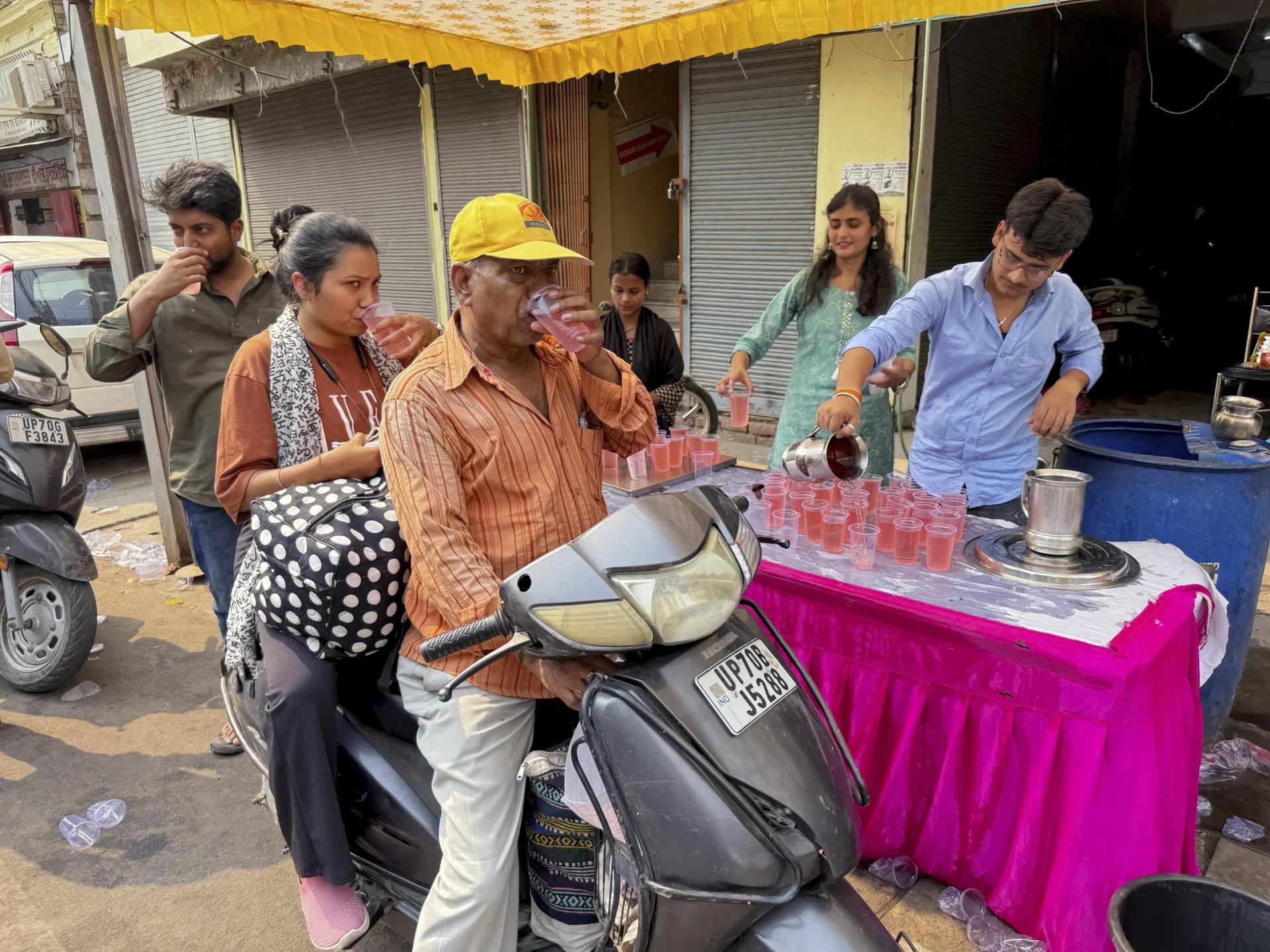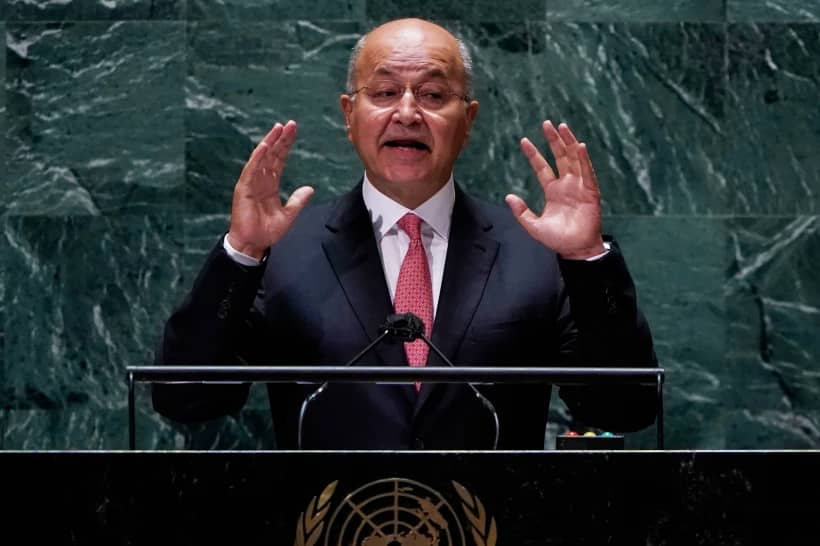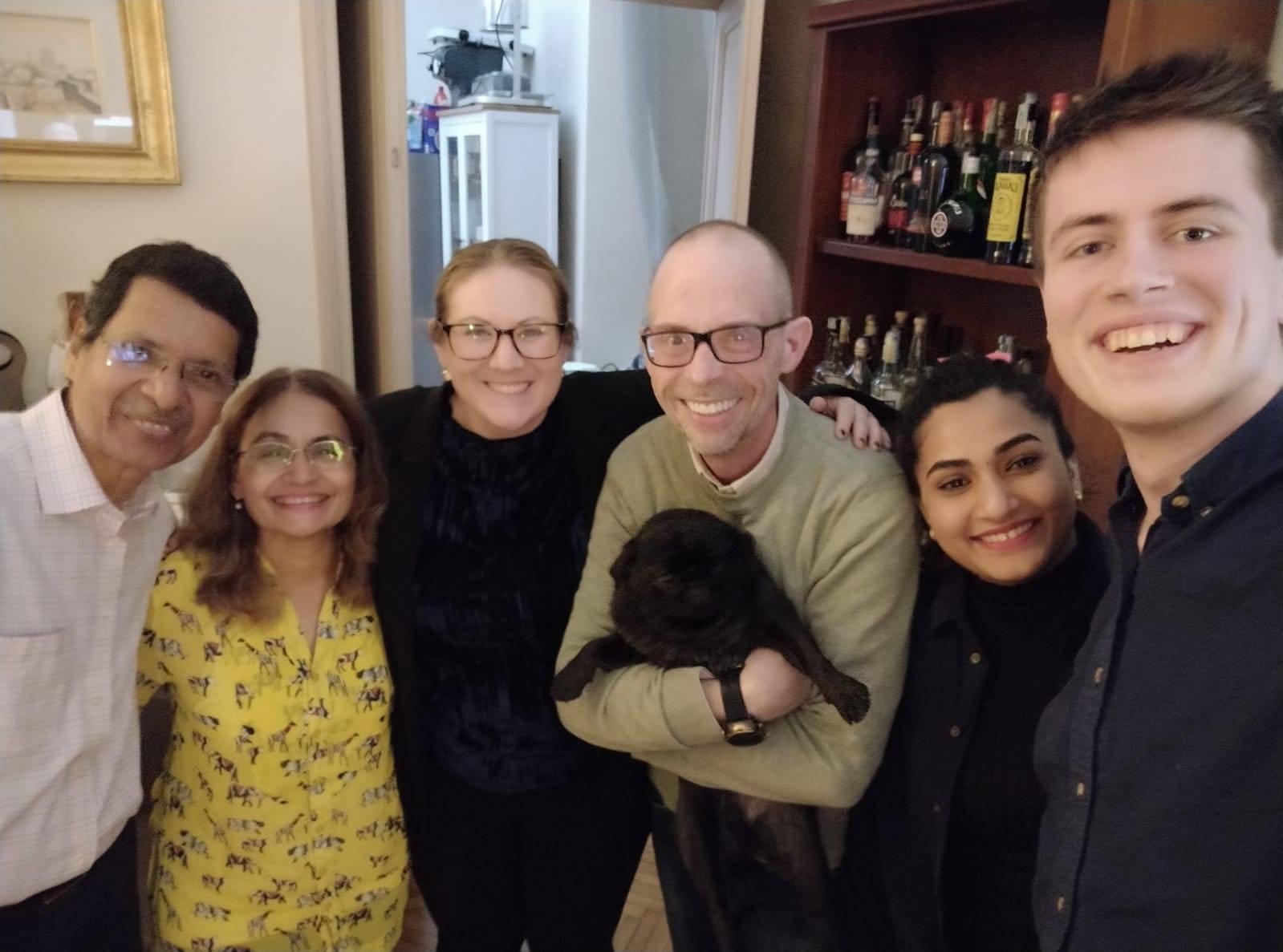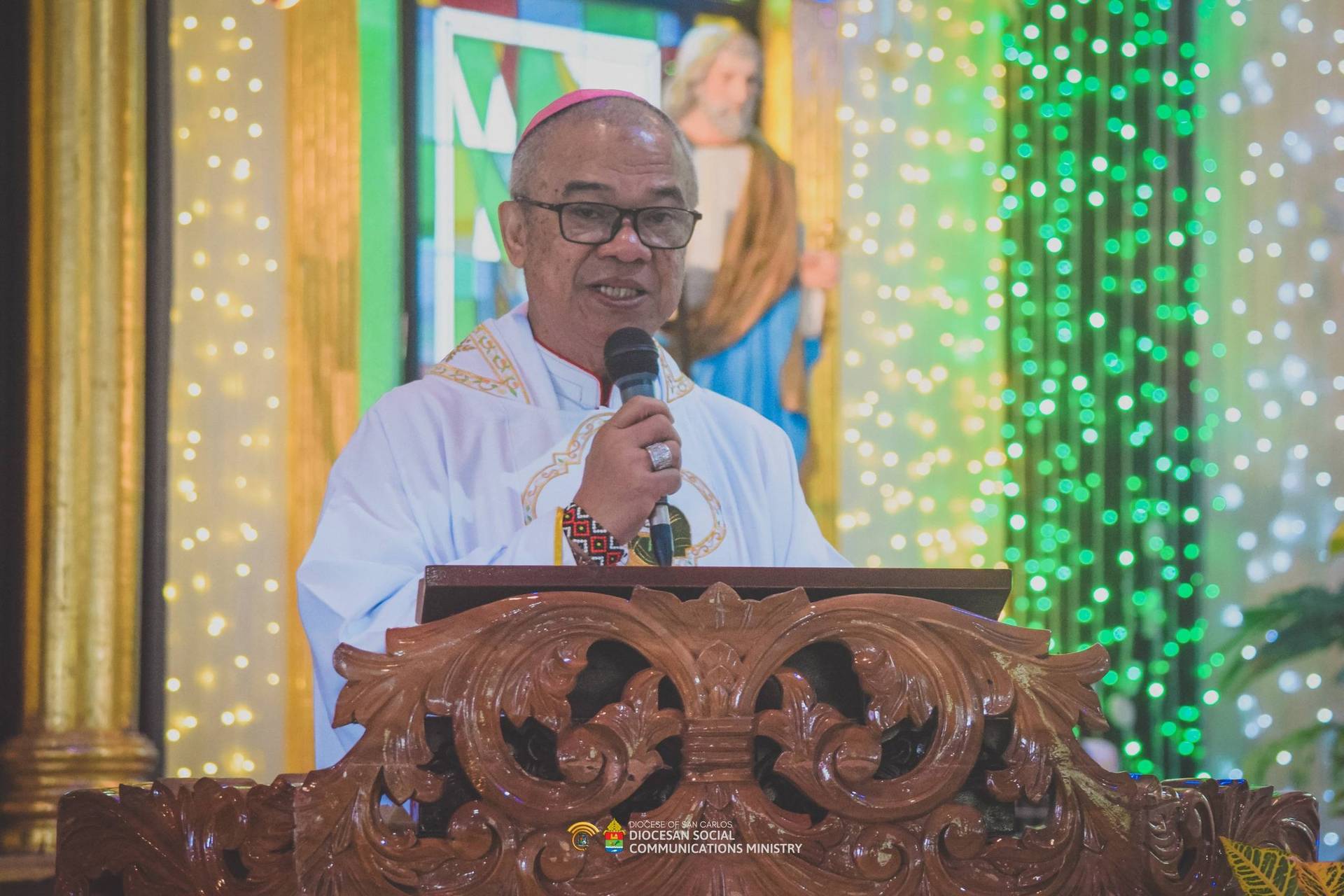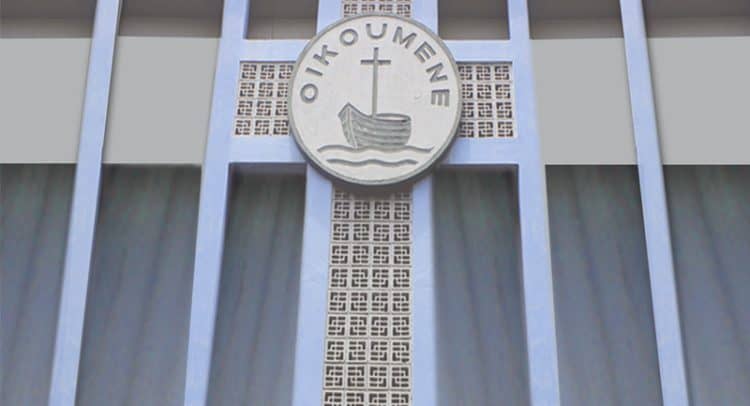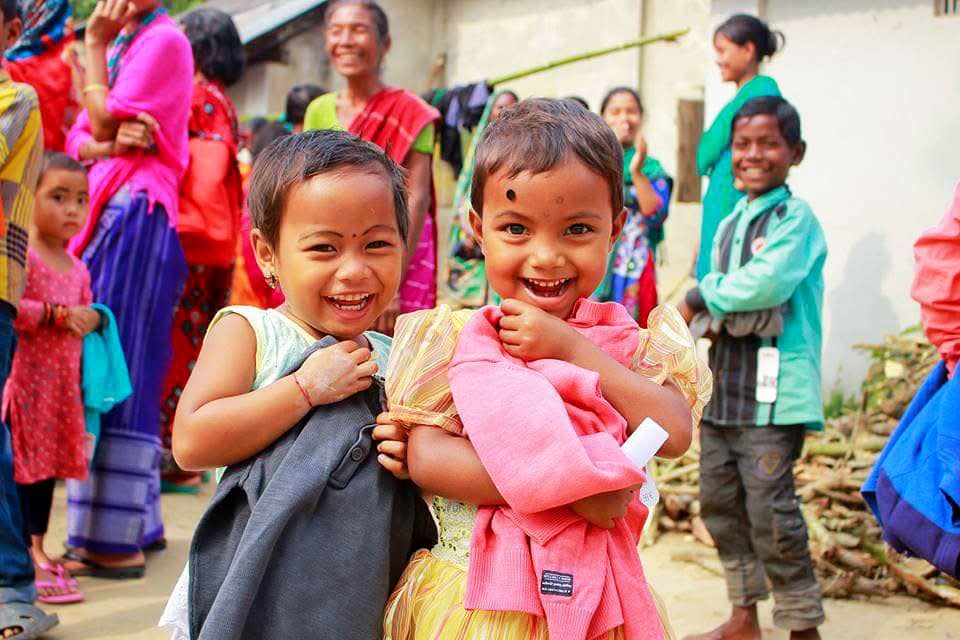MUMBAI, India – Two Christians were arrested by police on September 15 over allegations of illegal conversions.
According to Siasat.com, the case happened in Sitapur in the state of Uttar Pradesh.
Harjeet and Sunita Masih were arrested after police alleged they were trapping people under the guise of curing diseases and claimed that they recovered religious literature from them.
“In recent weeks, two similar cases were detected in Sidhauli and one in Nigohi, where people linked to Christian missionary activities were arrested and sent to jail,” said Rajesh Dwivedi, Superintendent of Police, according to PressTrust of India.
He added that earlier investigations had found evidence of financial support from various trusts, though the matter had not been pursued further.
Uttar Pradesh, like the national government, is run by the Bharatiya Janata Party (BJP), with strong links to the Rashtriya Swayamsevak Sangh (RSS), a militant Hindu nationalist organization.
Hindu nationalists often accuse Christians of using force and surreptitious tactics in pursuing conversions, often storming into villages and leading “reconversion” ceremonies in which Christians are compelled to perform Hindu rituals.
These pressures on Christians, which also affect Muslims and other religious minorities, are part of what observers describe as a broad program for the “saffronization” of India under Prime Minister Narendra Modi, meaning an attempt to impose Hindu values and identity while squeezing out rival faiths.
Uttar Pradesh is the most populous state in India, with nearly 200 million people. However, only about 350,000 Christians live in the state, a miniscule 0.18 percent of the population.
To probe the funding and alleged wider network in “illegal conversion”, police in Sitapur have now formed a Special Investigation Team (SIT).
“The SIT will look into the sources of financial assistance, monitor the activities of the accused, and assess how many people have already been converted. I will personally review its work every week,” Dwivedi said.
“The SIT will investigate the source of financial assistance and keep an eye on the activities of the accused and examine how many have converted,” he said.
Harjeet and Sunita have been charged under relevant sections and sent to jail.
Bishop Ignatius D’Souza of Bareilly, who’s diocese covers the district, said he believes the latest arrests raise serious concerns—particularly regarding freedom of religion, the right to propagate faith, and the protection of minority rights.
“In a pluralistic democracy, the freedom to choose, change, or share one’s religion is a fundamental human right. To restrict this freedom — especially through vague terms like ‘luring’ or ‘inducements’ — risks sliding into the suppression of legitimate religious expression,” he told Crux.
The bishop said religious conversion is often the result of personal conviction, spiritual experience, or community engagement.
“It may also be connected with charitable work, education, or healing ministries. Criminalizing such activities simply because they involve helping people — through social services, humanitarian aid, or pastoral care — makes genuine religious practice appear suspect,” he said.
D’Souza told Crux also said the language of “inducement” is especially problematic.
“What exactly qualifies as inducement? If someone offers medical care, counseling, education, or food, is that coercion—or charity? Without clear definitions, the door is left open for harassment and misuse,” he said.
The bishop said anti-conversion laws, present in several Indian states, remain controversial and are currently being challenged in the courts.
“Critics argue that they violate constitutional guarantees of religious freedom under Article 25, as well as freedom of speech and expression. While the state has a duty to prevent conversions by fraud or coercion, the absence of clear safeguards means that individuals and communities—particularly minorities—often bear the brunt of suspicion and legal action,” D’Souza said.
“Ultimately, freedom of religion, including the right to propagate one’s faith, is at the heart of India’s democratic and constitutional order,” he said.
“It is deeply troubling when individuals are arrested or investigated merely for possessing religious literature or engaging in social service. A confident majority should not fear the faith of a small minority — nor should it attempt to curtail freedoms that belong equally to all citizens,” the bishop told Crux.
